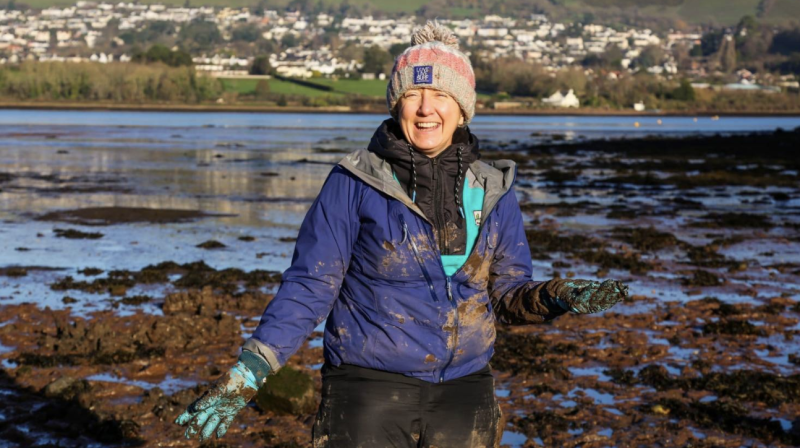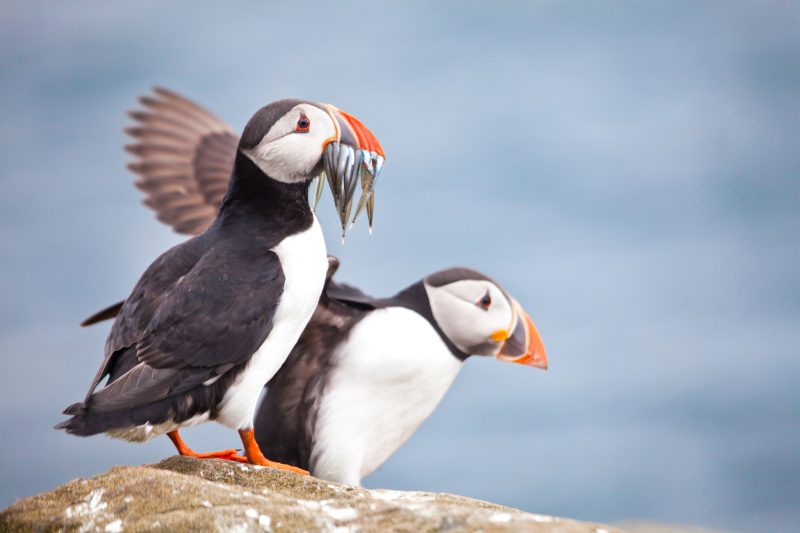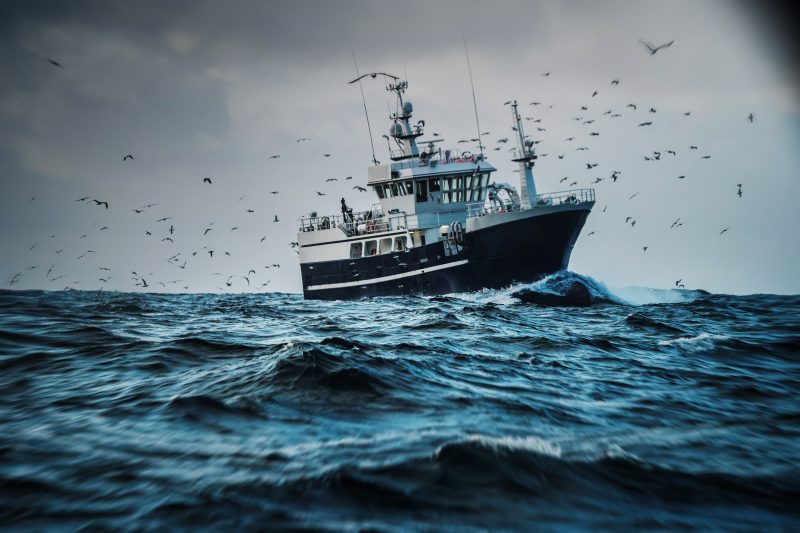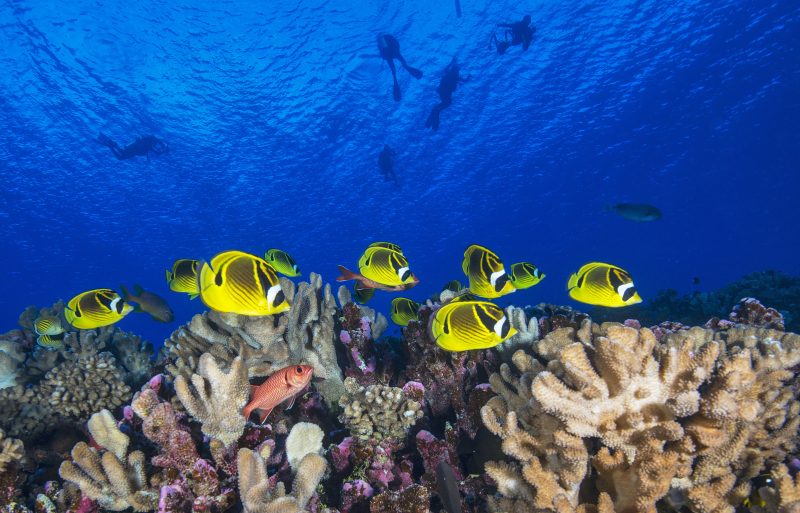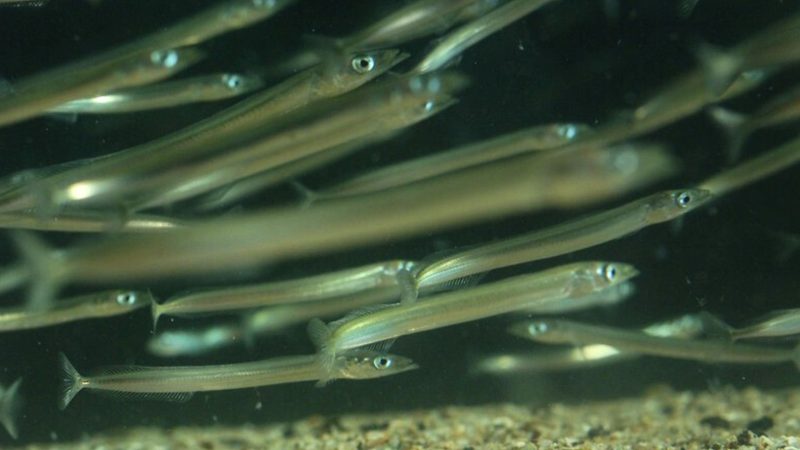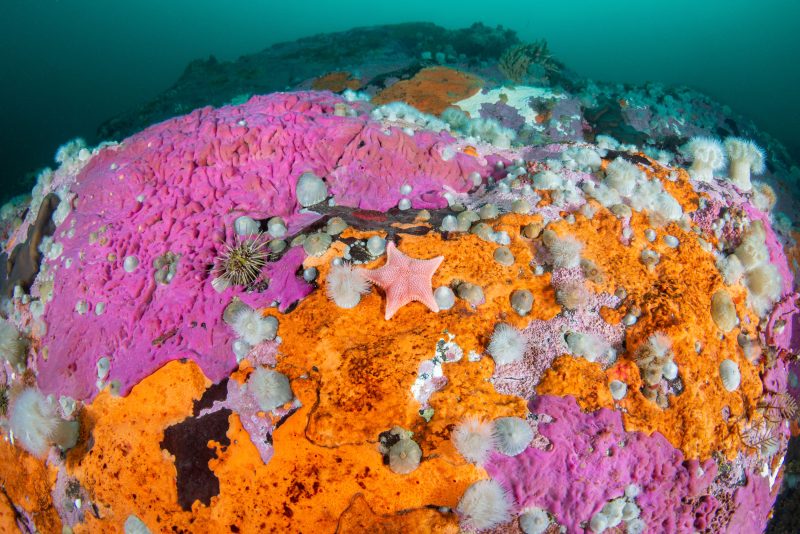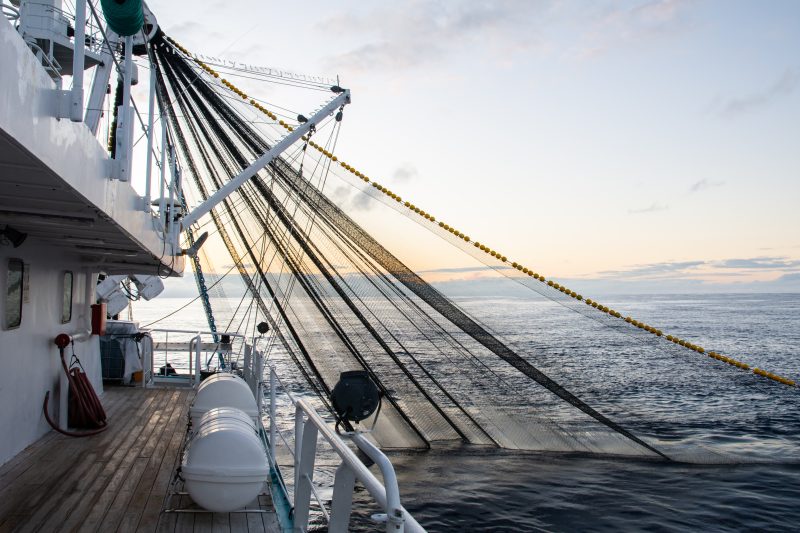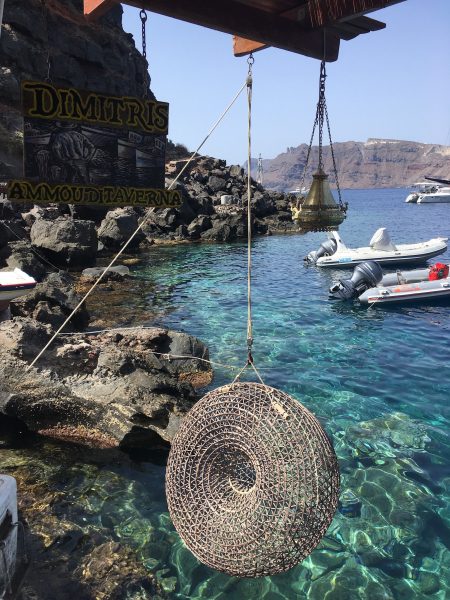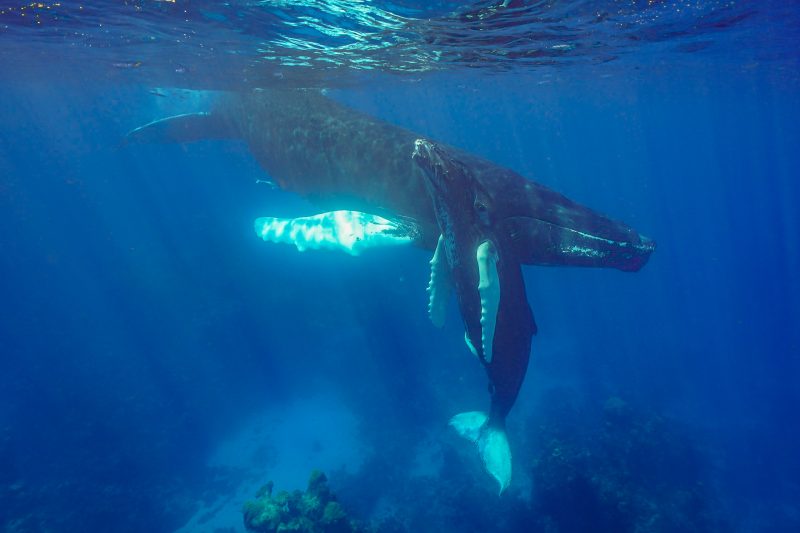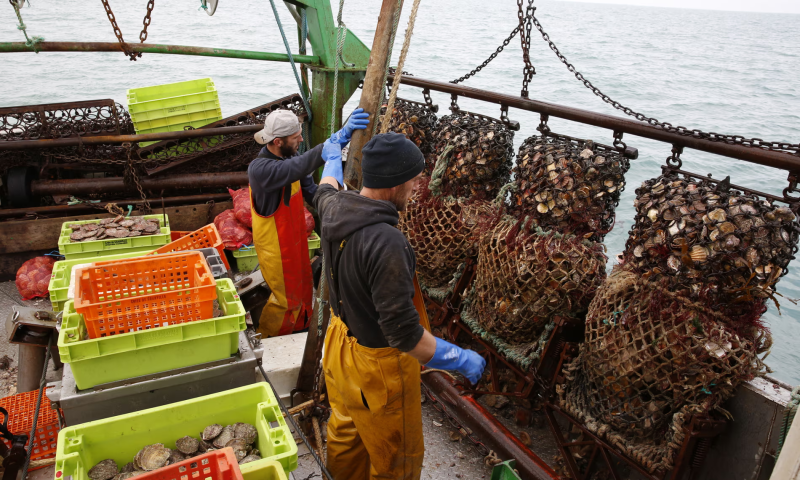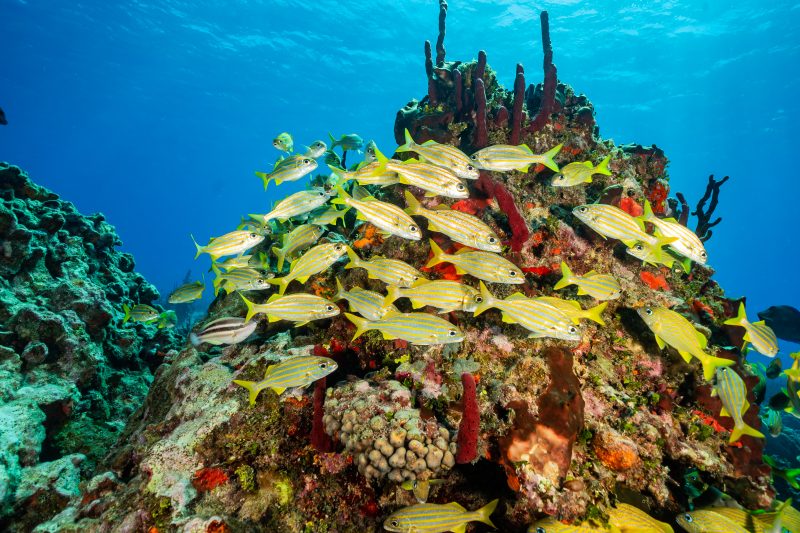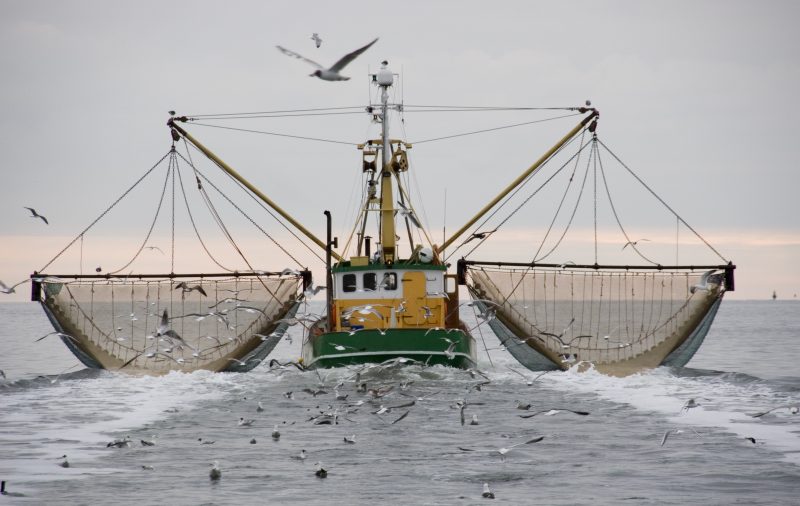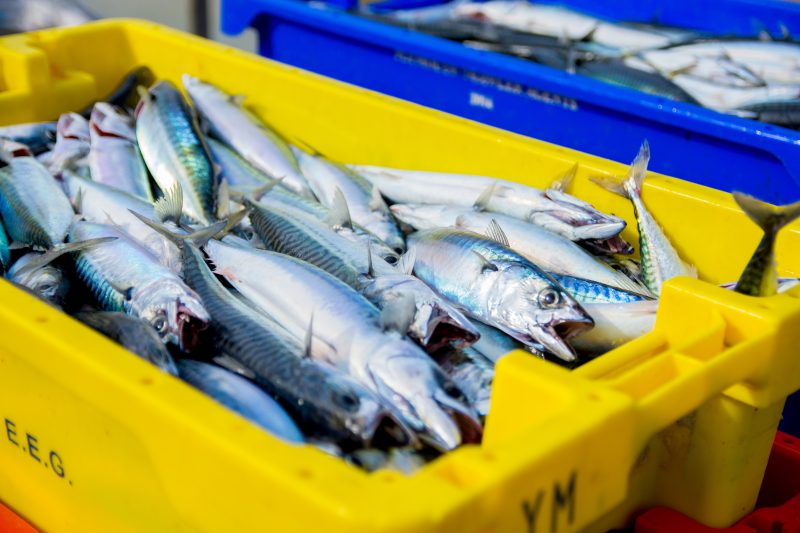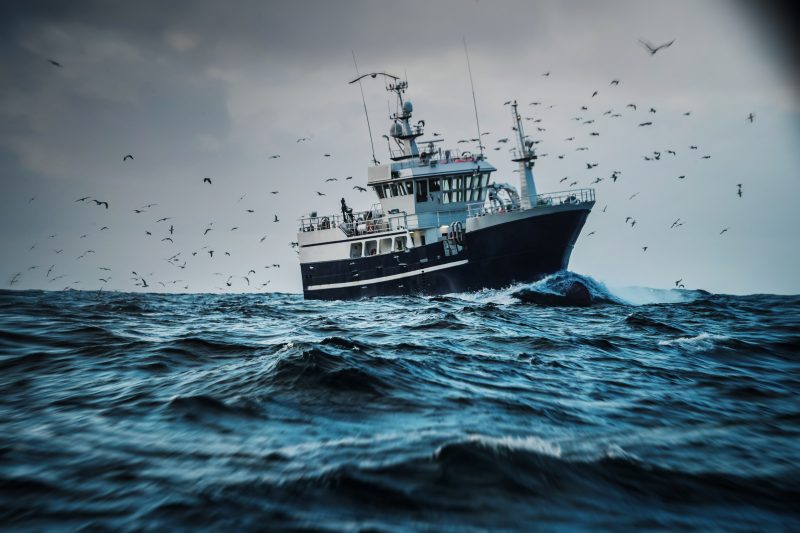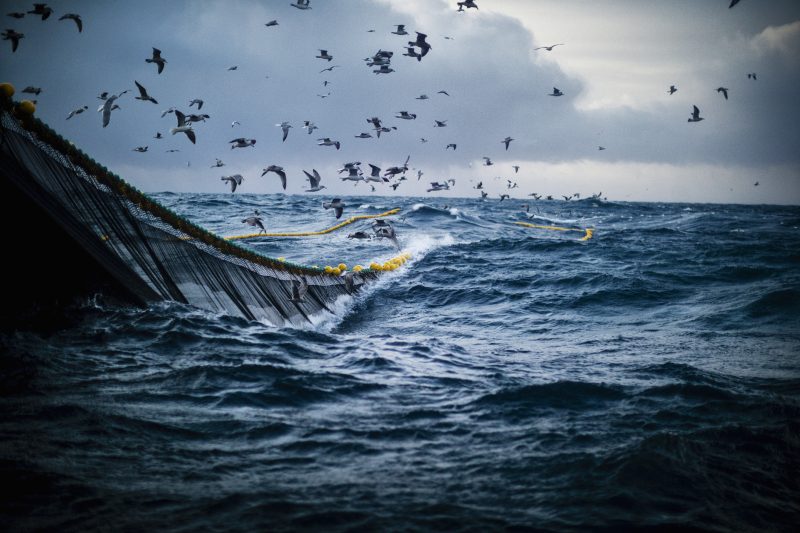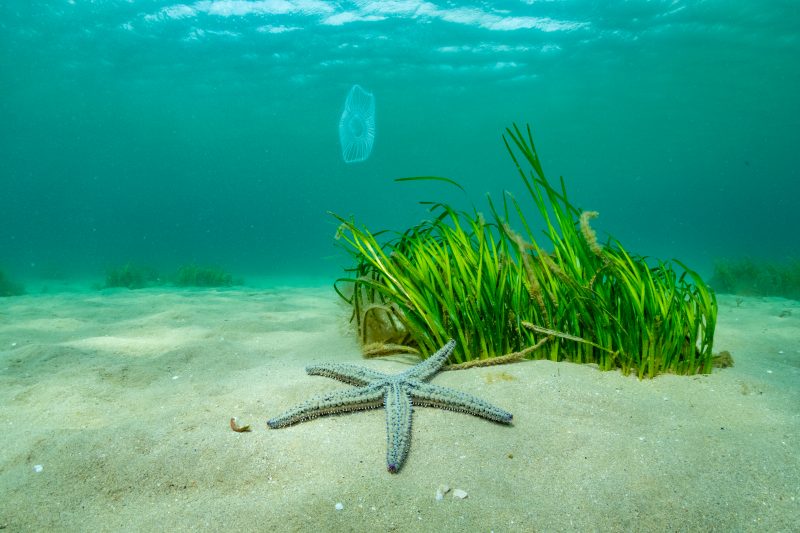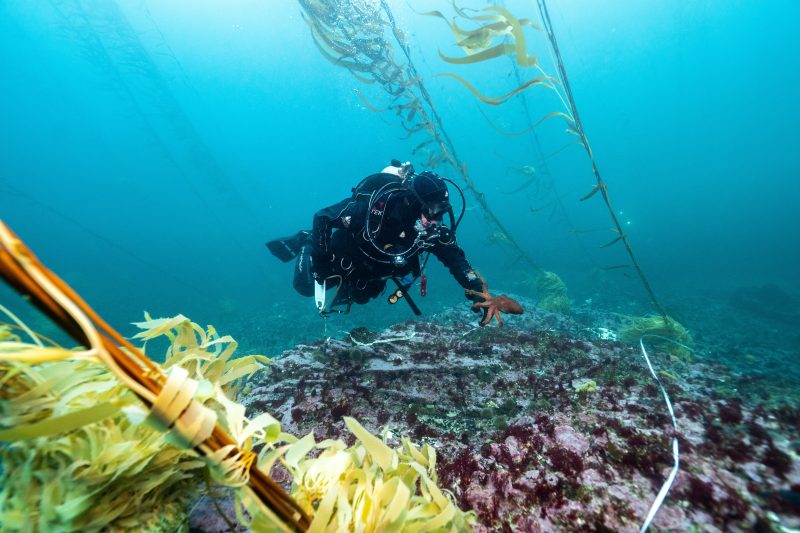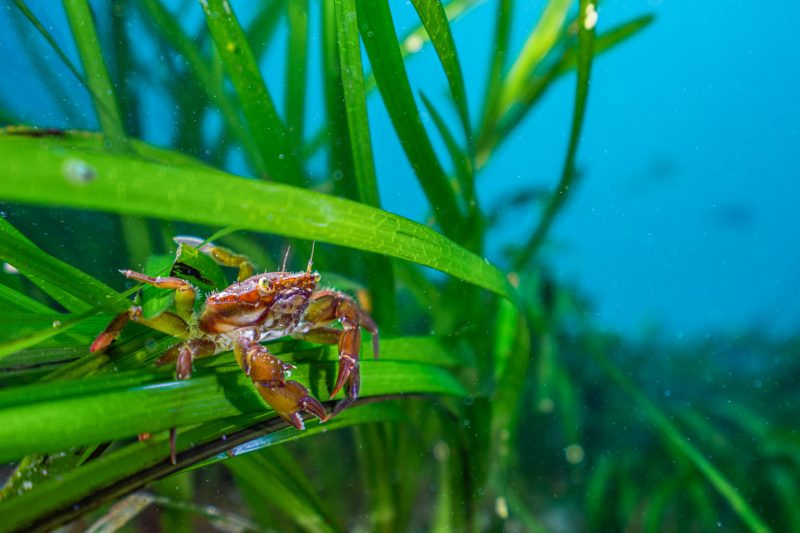The capture and release of a 600lb marlin by sport fishermen while BLUE was visiting Ascension last week reminded us that the island’s waters are, even now, a kind of Jurassic Park for large fish. But old records and old fishers speak of certain species being far more plentiful than they are today. Notable by their absence are hammerhead sharks which local people remember were once plentiful around Boatswain Bird Island, the rat-free bird colony just off the east of the main island where we saw some Galapagos sharks last week. Decades of unfettered long-line fishing and shark-finning, inside Ascension waters and on the high seas, as well as bad practice by recreational fishermen who used to kill sharks, too, are probably to blame for the hammerheads’ absence. One local naturalist, who as a member of the Merchant Navy used to man the sea lanes from Ascension to the Falklands in the 1980s, told me of encountering vessels with lines festooned with sharks’ fins whenever he came near Ascension waters.
Charles Clover in front of the saline lagoons that are home to the species of endemic shrimp
BLUE was on the island with members of the GB Oceans coalition to discuss the patrolling of the huge closed area which the Ascension Island Government declared in half Ascension’s waters at the beginning of the year, a prelude to the declaration of a marine reserve perhaps as soon as next year, and to hear progress on the re-letting of fishing licences to the tuna longline fleet in the northern half of Ascension waters. Two Taiwanese vessels have bought licences to fish there so far but under far stricter rules than applied when the fishery was last open three years ago. We were also there to help with the reconnaissance for a National Geographic expedition to Ascension. Paul Rose, expedition leader for Nat Geo’s Pristine Seas project, was keen to see the sights and understand progress towards a marine reserve ahead of underwater filming taking place in earnest. Maureen Dolan-Gelaviz, producer, director and film-maker, was keen to get as many of the terrestrial marvels of the island on film as possible ahead of an underwater expedition.
Clockwise from left: Adrian Gahan – Sancroft, Jonathan Hall – RSPB, Dan Myers – National Geographic’s Pristine Seas project, Charles Clover – BLUE’s Chairman, Paul Rose – Expedition Leader, Pristine Seas and Maureen Dolan-Gelaviz – Film-maker, Pristine Seas
Last week happened to be the peak time of the month for the land crabs which climb down off Green Mountain, the highest point on the island where they live the rest of the year, to lay their eggs in the sea in the first hours of darkness. The crabs hang around on beaches, conserving their energy, until dusk when they rush into the surf and perform a dance to shake off their sacs of eggs before rushing back up the shore.
Behind them in the sea, a feeding frenzy takes place with tiny mole crabs and mullet competing to eat the floating eggs: a truly extraordinary performance by nature which has been defined precisely to occur on certain phases of the moon by AIG’s excellent Department of Conservation who showed us great hospitality. For me an equally remarkable moment was picking our way through lava fields covered with Wideawake tern eggs while the terns wheeled and shrieked around us. Our destination, a salt pool where one kind of endemic shrimp endlessly chases another, while a zebra striped eel looks on.
We heard concerns on Ascension that too few fishing licenses had been sold to address the deficit the island faces – possibly because the licensing regime is new, standards have improved and fishermen find this off-putting. The island’s creaking infrastructure clearly needs investment and there is not much incentive for private investment as leases on the government-owned hotel and other property last no more than 20 years. An increase in tourism is unlikely while the United States, which owns one of the two air bases on the island, continues to block civilian flights. At the moment the only way in is on an RAF flight from Brize Norton, or the St Helena Royal Mail ship which is supposed to be mothballed when a new airport opens on St Helena in May, if it keeps to that deadline. It seems sad that Ascension has to go on mining out its fish resources to pay for itself when it has no commercial fishing fleet of its own and has no need of any but the fish caught by recreational fishermen.
Looking for marlin off Ascension
Now – as an incidental result of the recent Wass report into child safeguarding in St Helena – Ascension is under pressure to hire medical and social workers trained to perform to standards required in UK, thus raising top salaries and placing yet another burden on the island’s economy. On the positive side, this and the proposed declaration of a marine reserve may actually be the catalyst to work out a new vision for the next 20 years which Ascension has needed ever since it stopped being regarded as an exclusively military island just under a decade ago.
Whether Foreign Office ministers are fully aware of the challenges facing Ascension is unclear, even though the Conservatives have a manifesto commitment to create a marine reserve around the island. That commitment specifically says it is “subject to the views of the local community.” So UK ministers and civil servants should remember that they need to do something that improves the lot of the local people instead of just funding the protection of the sea. They need to deliver on the other half of the deal. It was clear to us from our trip that Ascension cannot keep going as an inhabited island without injections of cash from some new source. Ascension is struggling to raise its game to perform 21st century functions for it has both hands tied behind its back. Apart from the block on civilian flights, those who catch world record fish off its shores pay no trophy fees or tourism tax and, under a 1950s agreement, the staff of the island’s US airbase pay no income tax either. A new settlement is clearly needed. This is not a crisis yet, but evidently the countdown to a crisis. Ascension is moving fast towards a point where, for its ultimate masters in Whitehall, doing nothing will no longer be an option.




